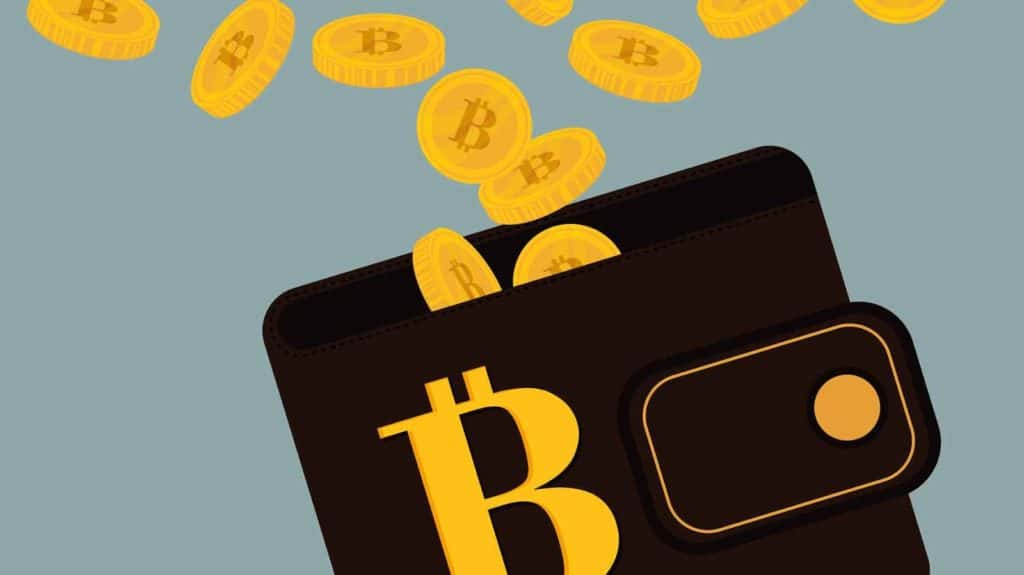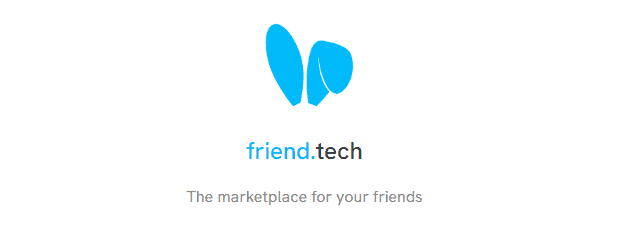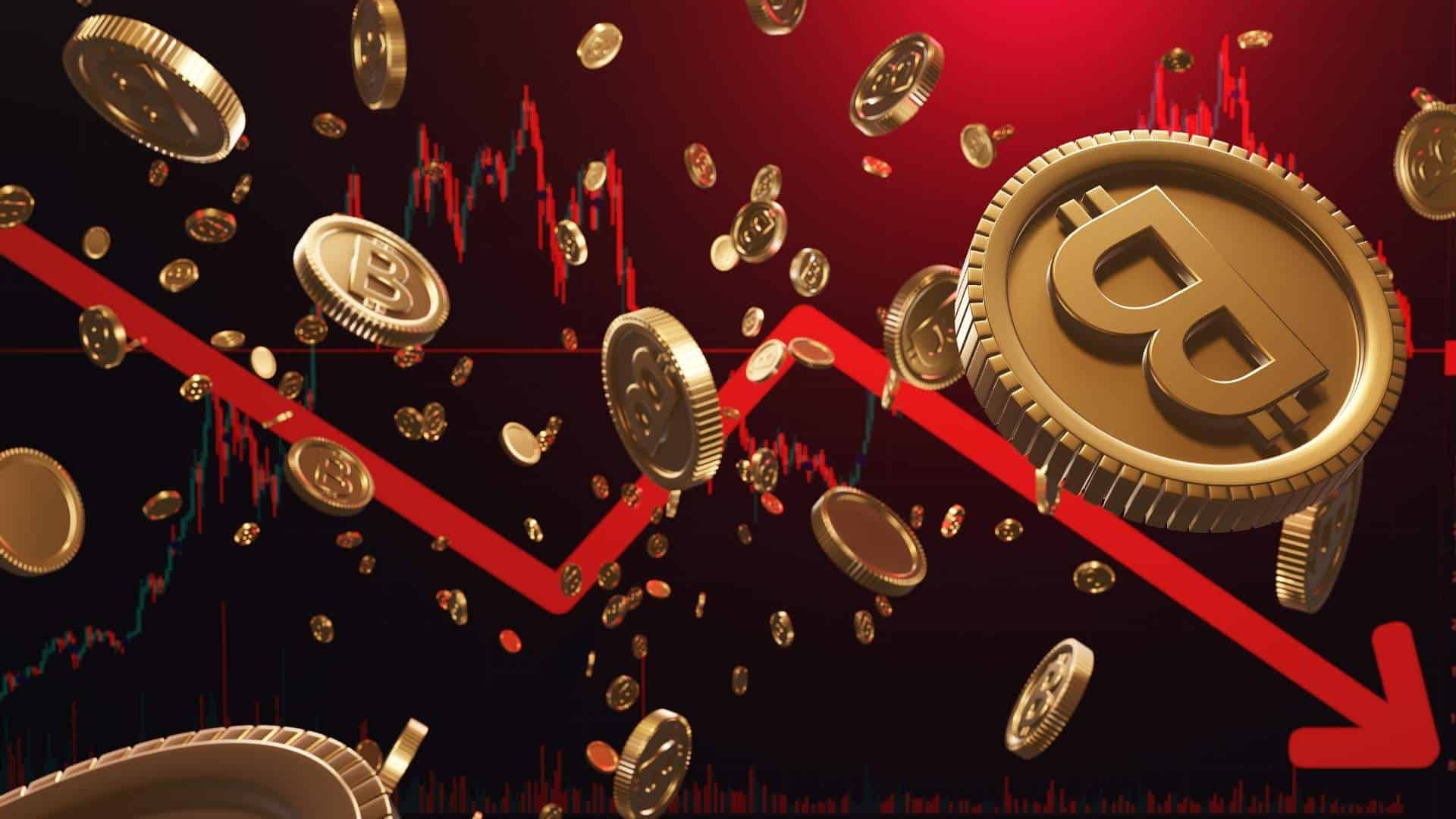You will need a wallet if you want to buy or mine cryptocurrency. However, there are so many different options available right now, and choosing the best one for you isn’t an easy decision.
There are several different types of crypto wallet on the market today — some are free, some come with exchange accounts and some are quite expensive. Depending on your portfolio and how you use your digital currencies, you’ll need specific functions and services from your wallet, so it’s best to compare what’s on offer before making a decision.
To help you make this important decision, here are a few things to look out for.

Security
Securing your funds and protecting them from malware and hackers is the primary function of any wallet. The first thing to check is that the wallet website has the HTTPS prefix in the address bar. You need to be sure that the wallet also offers secure logins and various protection tools in place. Is there two-factor authentication, which provides an extra layer of security over and above the usual password or phrase?
Multi-Signature Functionality
A wallet that uses multi-signature technology requires more than one key for access. And in most cases, these keys are located in different locations. In essence, it takes several parties to agree on the transaction before it can be executed. Imagine a safety deposit box that has two owners. In order to open the box, both owners would need to be present at the same time, in order to open it.
Access to Private Keys
Not all crypto wallets provide access to private keys — without which you won’t be able to fully control your funds exactly when you want to. Not only is access to your private keys essential for completing transactions, it is necessary for backing up your wallet in a different location.
Open Source Functionality
Check that your wallet provider is trustworthy and open about how its wallet works. You should also check that the code for the wallet is open source, otherwise, the provider may be hiding exactly how it is protecting your funds. If you’re in doubt, look for reviews and testimonials, and ask fellow investors or miners for recommendations. It’s also a good idea to verify that the source code is being continually updated to ensure that the latest threats are dealt with in a timely way.
Functionality
Particularly if you’re new to the world of cryptocurrency, you’ll need a wallet that is easy to use. The best wallets take users through every step of the set-up process, and make executing transactions and reading reports easy. It’s important to think about how you want to manage your cryptocurrency.
Do you want to manage it in the simplest way possible on your mobile device? Or would you prefer to download a Bitcoin client to your computer? If you’re holding large amounts of cryptocurrency, you might want the added security of an offline hardware wallet. Most beginners go with the wallet provided by the exchange, but many will eventually create new wallets in order to mitigate the risk of hacking and theft through malware.
Unique Addresses
Wallets hold the cryptocurrency addresses that hold the coins you own. However, some wallets reuse old addresses, which can increase the risk of theft and fraud. It’s always a good idea to look for wallets that use hierarchical deterministic (HD) systems to generate completely new and unique addresses.
Anonymity
Some wallets ask for more personal information than others, which might be something that worries you. There are some providers that simply require an email address for communication and verification, which might be useful if you want to protect your anonymity.
Backup
Backing up your cryptocurrency wallets regularly is an essential part of protecting your funds. So before you sign up to a particular provider, find out how they approach the issue of backups. What is the process for the restoration of an account? Where are backups stored, and are they encrypted? Check that the procedures and processes in place are transparent and comprehensive before signing up.
Reputation
There are now dozens of crypto wallets on the market, and some are more reliable than others. A great way of checking whether or not you can rely on a provider is to search the Internet for positive reviews and recommendations. Get onto cryptocurrency forums and chatrooms, and ask experienced investors and miners about their experiences with various leading wallets.
There are many options to choose from when it comes to cryptocurrency wallets. Some are official wallets of exchanges and networks, while some are officially endorsed. Others are completely independent but still deliver a great experience. However, there are wallets, of all types, that don’t provide users with a reliable service.
Before you sign up to any wallet provider, do your homework, and make sure all of your requirements can be fulfilled. And if you ever find yourself less than satisfied with your chosen wallet, don’t be afraid to use another.




